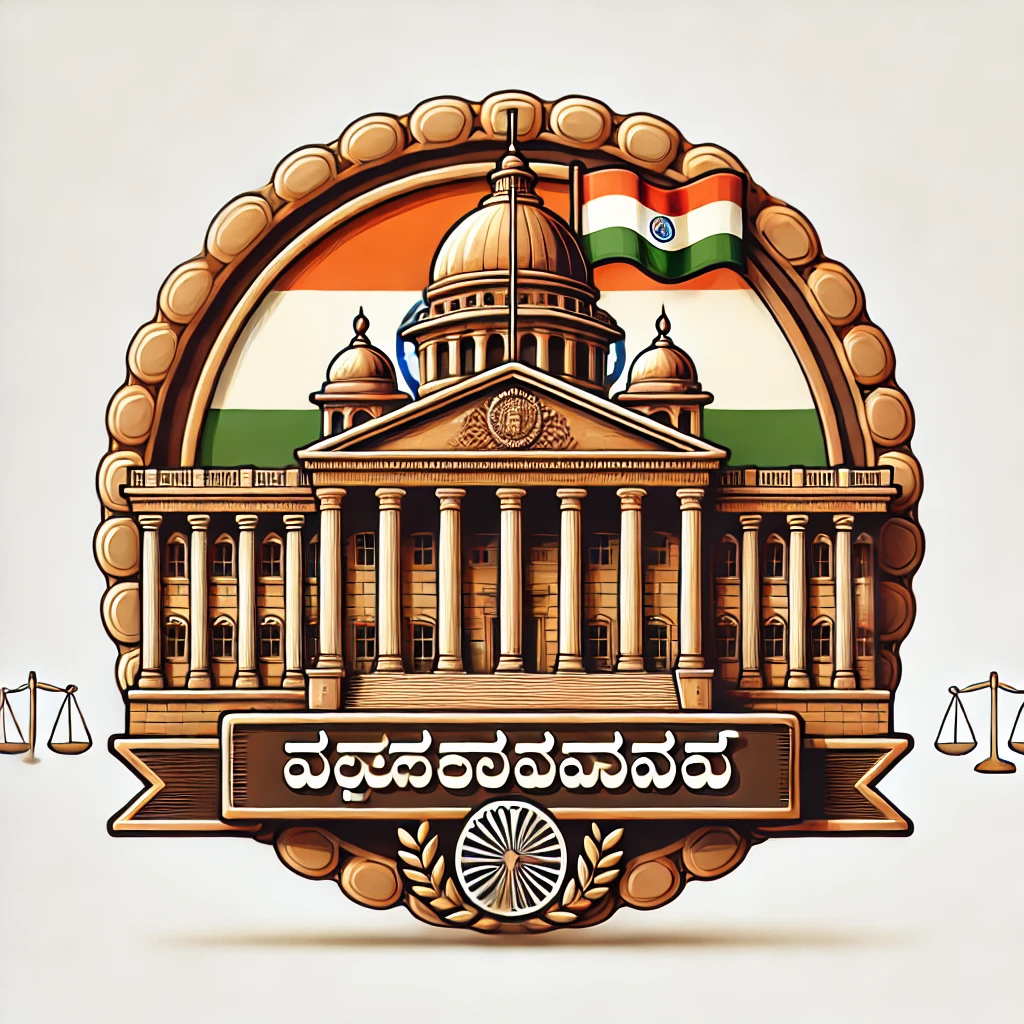
Karnataka High Court Upholds Reservation for Economically Weaker Sections (EWS)
In a decision that could alter the contours of India's long-debated affirmative action landscape, the Karnataka High Court has upheld the 10% reservation for the Economically Weaker Sections (EWS) in education and public employment. This judgment affirms the state's adoption of the 103rd Constitutional Amendment, which introduced EWS quotas nationwide in 2019.
The ruling comes at a time when India is grappling with questions of social justice, economic inequality, and how best to support marginalized citizens—both historically oppressed and economically deprived.
The Heart of the Legal Challenge
The petitioners in the case—comprised of civil rights groups, student unions, and community representatives—argued that:
- The EWS reservation violates the basic structure doctrine of the Constitution, which caps total reservations at 50% (as established in Indra Sawhney v. Union of India, 1992).
- The move dilutes affirmative action meant specifically for Scheduled Castes (SC), Scheduled Tribes (ST), and Other Backward Classes (OBC) by shifting focus to economic disadvantage alone.
- It disproportionately benefits individuals from traditionally advantaged castes, raising fears that it may sideline caste-based injustices that the reservation system originally aimed to correct.
The Court’s Rationale: Economic Vulnerability Matters
Delivering a detailed and nuanced judgment, the Karnataka High Court held that: ✅ Economic deprivation can be a valid ground for state support, especially in a society where poverty cuts across caste lines. ✅ The 103rd Constitutional Amendment does not violate the basic structure of the Constitution, as it adds to rather than subtracts from the principle of equality. ✅ The 50% reservation cap is not inviolable, especially when addressing new and emerging inequalities in a changing socioeconomic context.
In the words of Justice A. Venkatesh, one of the presiding judges:
“The Constitution is a living document—it must evolve with the needs of its people. Economic disadvantage, like social exclusion, is a barrier to opportunity. The law must acknowledge both.”
Wider Ramifications: A National Template?
The verdict not only solidifies Karnataka’s EWS policy but is also expected to influence similar legislation and legal battles in other states. Gujarat, Maharashtra, Uttar Pradesh, and Tamil Nadu are among the states where EWS quotas have either been implemented or challenged in courts.
Experts believe this judgment will serve as a legal precedent and could even factor into deliberations before the Supreme Court, which is currently hearing broader challenges to the 103rd Amendment.
Support and Criticism: A Divided Response
The ruling has ignited strong reactions:
Supporters, including many economists and centrist political voices, believe the EWS quota:
- Recognizes modern economic realities of urban and rural poverty.
- Provides social mobility to financially struggling individuals from non-reserved categories.
- Promotes inclusive development by correcting the omission of economically backward upper castes.
Critics, however, argue that:
- It diverts attention from systemic caste oppression that still exists.
- It risks turning reservation into a poverty alleviation tool, rather than a justice-driven policy.
- It could eventually lead to a quota explosion, undermining merit-based selection altogether.
Looking Ahead: Quotas in the 21st Century
This case is a reflection of a deeper debate: What should affirmative action look like in modern India? Should caste and class be weighed equally in social justice frameworks? Or does one inherently deserve greater constitutional priority?
As India continues its journey toward inclusive growth, the Karnataka High Court’s judgment signals a growing shift in legal interpretation—toward economic equity as a legitimate constitutional goal, without necessarily undermining caste-based protections.












comments